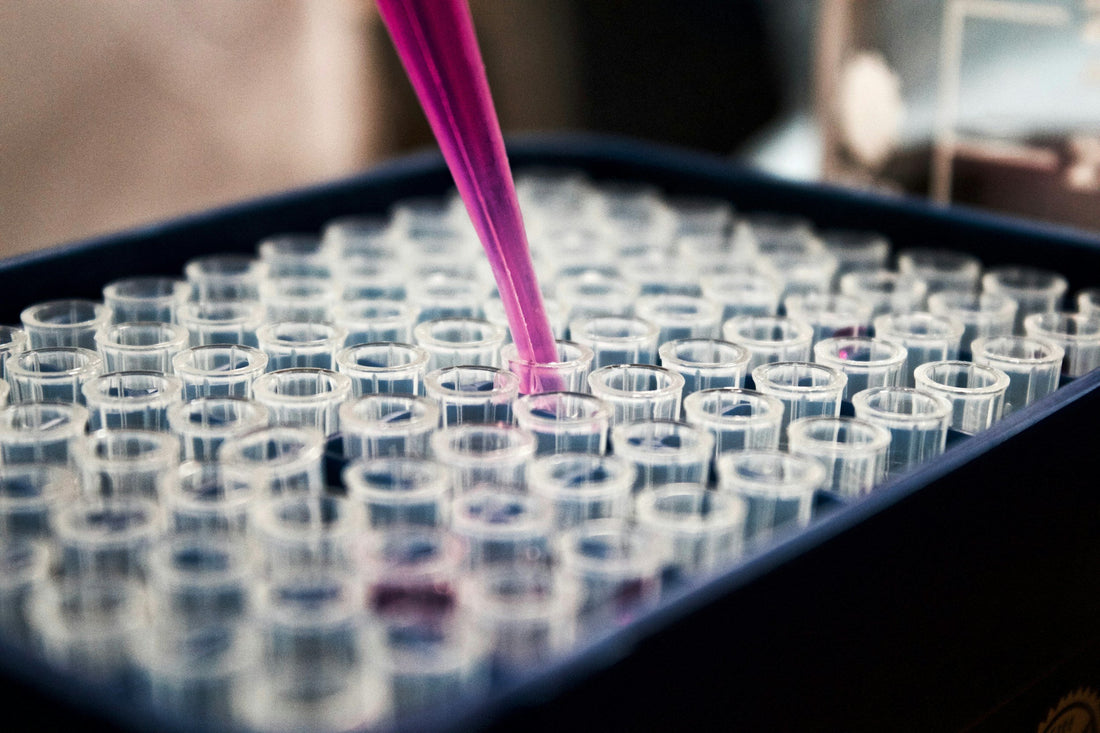
CBD and Cardiovascular Health: Exploring the Benefits and Risks
Share
Introduction
Cardiovascular diseases (CVD) are the leading cause of death globally, affecting millions of individuals each year. Traditional treatments for cardiovascular conditions include lifestyle changes, medications, and, in some cases, surgical interventions. Recently, cannabidiol (CBD), a non-psychoactive component of cannabis, has garnered attention for its potential benefits in cardiovascular health. This article explores the mechanisms by which CBD may influence cardiovascular health, reviews current scientific evidence, and discusses the potential benefits and risks associated with its use.
Mechanisms of CBD in Cardiovascular Health
Anti-Inflammatory and Antioxidant Effects
Inflammation and oxidative stress play significant roles in the development and progression of cardiovascular diseases. CBD has been shown to exert anti-inflammatory and antioxidant effects, which may help protect the cardiovascular system.
-
Reduction of Pro-inflammatory Cytokines: CBD can decrease the levels of pro-inflammatory cytokines, such as TNF-α and IL-6, which are associated with atherosclerosis and other cardiovascular conditions.
-
Oxidative Stress Reduction: By scavenging free radicals and reducing oxidative stress, CBD can help protect blood vessels and heart tissues from damage.
Vasodilation and Blood Pressure Regulation
Hypertension is a major risk factor for cardiovascular diseases. CBD has been shown to induce vasodilation, which can help lower blood pressure and improve blood flow.
-
Interaction with CB1 and CB2 Receptors: CBD modulates the endocannabinoid system, influencing CB1 and CB2 receptors that play roles in vasodilation and blood pressure regulation.
-
Nitric Oxide Production: CBD can enhance the production of nitric oxide, a molecule that promotes blood vessel relaxation and reduces blood pressure.
Lipid Metabolism and Atherosclerosis
Abnormal lipid levels and atherosclerosis are key contributors to cardiovascular diseases. CBD may influence lipid metabolism and prevent the buildup of plaques in arteries.
-
Lipid Profile Improvement: Studies suggest that CBD can improve lipid profiles by increasing HDL (good cholesterol) levels and reducing LDL (bad cholesterol) levels.
-
Inhibition of Plaque Formation: CBD's anti-inflammatory and antioxidant properties may prevent the formation of atherosclerotic plaques, reducing the risk of heart attacks and strokes.
Clinical Evidence and Research
Preclinical Studies
Preclinical studies on animal models have provided insights into the potential cardiovascular benefits of CBD.
-
Hypertension: Animal studies have shown that CBD can lower blood pressure in hypertensive rats, suggesting potential antihypertensive effects in humans.
-
Myocardial Ischemia: CBD has been shown to reduce the extent of myocardial ischemia-reperfusion injury in animal models, indicating cardioprotective effects.
Human Clinical Trials
Human clinical trials are essential for confirming the cardiovascular benefits of CBD observed in preclinical studies.
-
Blood Pressure Studies: A small study involving healthy volunteers found that a single dose of CBD reduced resting blood pressure and the blood pressure response to stress.
-
Metabolic Syndrome: Clinical trials investigating CBD's effects on metabolic syndrome components, such as obesity and lipid levels, are ongoing.
Potential Benefits of CBD for Cardiovascular Health
Reduction of Hypertension
By promoting vasodilation and reducing inflammation, CBD may help manage hypertension, a major risk factor for cardiovascular diseases.
Anti-atherosclerotic Effects
CBD's anti-inflammatory and antioxidant properties can help prevent the formation and progression of atherosclerotic plaques, reducing the risk of heart attacks and strokes.
Cardioprotection
CBD may offer cardioprotective benefits by reducing oxidative stress and inflammation, which are critical factors in the development of cardiovascular diseases.
Potential Risks and Side Effects
While CBD shows promise in promoting cardiovascular health, it is essential to consider potential risks and side effects.
Drug Interactions
CBD can interact with various medications, particularly those metabolized by the cytochrome P450 enzyme system, potentially leading to adverse effects.
-
Antihypertensives: CBD may enhance the effects of antihypertensive medications, leading to excessively low blood pressure.
-
Anticoagulants: CBD can interact with anticoagulant medications, affecting blood clotting.
Adverse Effects
CBD is generally well-tolerated, but some individuals may experience side effects.
-
Common Side Effects: Mild side effects include dry mouth, diarrhea, and changes in appetite or weight.
-
Rare Side Effects: Higher doses of CBD can lead to drowsiness, fatigue, or changes in liver enzyme levels.
Future Directions and Research
Further research is necessary to fully understand the cardiovascular effects of CBD and to establish its safety and efficacy in managing cardiovascular diseases.
Large-scale Clinical Trials
Large-scale, randomized clinical trials are needed to confirm the cardiovascular benefits of CBD observed in preclinical studies and small human trials.
-
Hypertension Studies: Trials focusing on the long-term effects of CBD on blood pressure regulation in hypertensive patients are essential.
-
Atherosclerosis Research: Studies investigating CBD's effects on atherosclerosis progression and plaque stability are crucial.
Personalized Medicine
Personalized medicine approaches can help tailor CBD treatments based on individual patient characteristics.
-
Genetic Variability: Understanding how genetic differences affect CBD metabolism and response can lead to personalized dosing and treatment plans.
-
Biomarkers: Identifying biomarkers that predict response to CBD can help select patients who are most likely to benefit from its use.
Conclusion
CBD offers significant potential for promoting cardiovascular health, with mechanisms involving anti-inflammatory and antioxidant effects, vasodilation, and lipid metabolism regulation. While preclinical studies and early human trials are promising, further research is necessary to confirm these benefits and establish safe and effective dosing guidelines. As the legal landscape evolves and more clinical data becomes available, CBD may become an important component of cardiovascular disease management.






























































